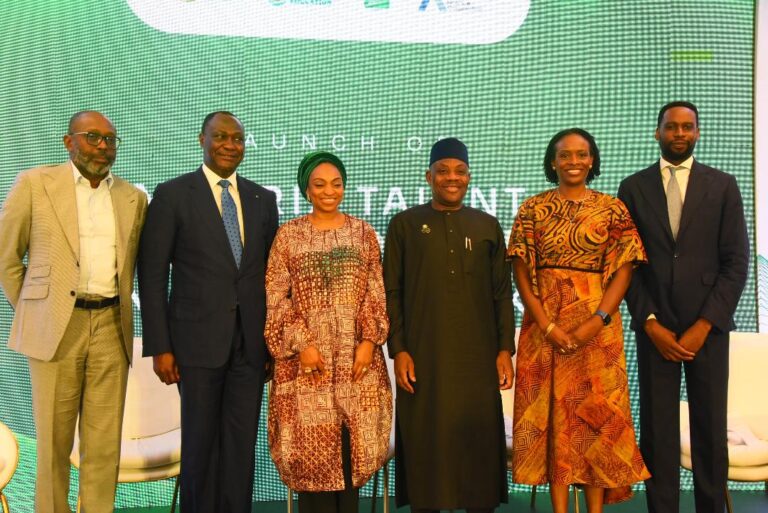Nigeria has officially launched the Nigeria Talent Accelerator Network, a significant initiative aimed at strengthening the nation’s workforce capabilities, tackling critical productivity gaps, and preparing its workforce for the future of work.
The initiative is part of the World Economic Forum’s Reskilling Revolution in Nigeria, marking the nation’s entry into the Global Accelerators Network. The Reskilling Revolution is a global effort aimed at providing better education, skills, and economic opportunities to one billion people by 2030.
The Nigerian effort is co-chaired by the Federal Ministry of Industry, Trade and Investment and the Federal Ministry of Education, and coordinated by the National Talent Export Programme (NATEP). Its objective is to mobilize multi-stakeholder partnerships to reshape global talent development and empower local talent to meet emerging economic realities.
The Minister of Industry, Trade and Investment, Dr. Jumoke Oduwole, hailed the launch as “a decisive step towards building a globally competitive workforce” that will power Nigeria’s next phase of industrialisation and innovation.
“The Nigeria Talent Accelerator Network represents a turning point in connecting policy, industry, and education. It creates a unified platform for driving employability, productivity, and inclusive economic growth,” she stated.
The Honourable Minister of Education, Dr. Maruf Alausa, reaffirmed the Ministry’s dedication to aligning education and vocational training with labour market needs, ensuring Nigerian youth are equipped with future-ready skills and remain competitive globally.
The Accelerator will function as a platform for broad collaboration among government agencies, private sector leaders, academic institutions, and civil society. These stakeholders will co-create scalable solutions to reskill and upskill the Nigerian workforce and align national policies with modern economic demands.
Teju Abisoye, the National Coordinator of NATEP, noted, “Through this collaboration, Nigeria is not only preparing for the future of work but also helping to define it. We are developing a coordinated Action Plan to address the talent gaps and leverage the huge opportunities for talent export.”
The initiative will prioritize:
- Skills Focus: Developing digital and transferable skills to support emerging sectors like technology, business process outsourcing (BPO), and green industries.
- Funding and Scaling: Mobilizing public-private partnerships to fund and scale reskilling programs and enable workforce redeployment into high-demand roles.
- Data-Driven Policy: Building data-driven systems to anticipate future skills needs and inform responsive policymaking.
Saadia Zahidi, Managing Director of the World Economic Forum, welcomed the launch, noting that by investing in human capital, Nigeria is positioning itself to meet domestic workforce needs and contribute talent and innovation to the global economy.
Nigeria’s participation in this global initiative underscores its commitment to strengthening human capital development, promoting digital inclusion, and positioning the nation as a competitive talent hub for Africa and the world.



